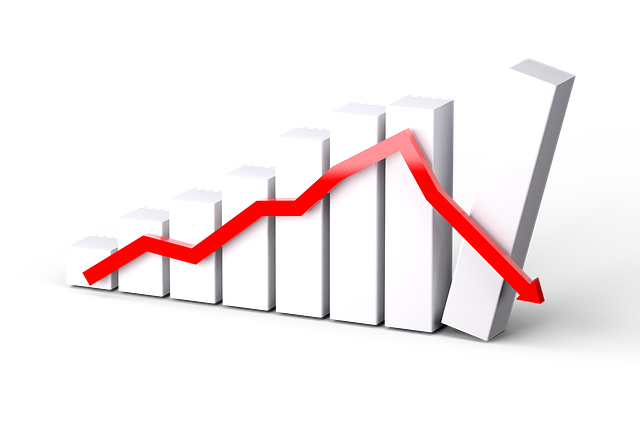
Seniors are often scammers favorite targets. Their financial stability and trusting nature make them vulnerable victims. According to the Federal Trade Commission (FTC), seniors lose an estimated $3 billion annually to scammers, with nearly 1 in 10 seniors in the United States falling victim to some form of financial fraud.
Seniors should be reminded to never share personal or financial information over the phone or online unless they are certain of the recipient’s identity. Installing call-blocking apps and filtering email spam can also help reduce exposure to potential scammers. Organizations such as the AARP and local community centers offer workshops and resources designed to educate seniors on recognizing and avoiding scams.Furthermore, reporting scams is crucial in combating this growing issue. Victims or their families should report incidents to the FTC or local law enforcement to help track fraudulent activities and prevent others from being targeted. By staying informed and vigilant, seniors and their loved ones can take proactive steps to protect their financial security and enjoy peace of mind.
As technology advances, phone and email scams have become increasingly sophisticated, targeting vulnerable populations such as seniors. The FTC reports that seniors lose an estimated $3 billion annually to scammers. Scammers are able to influence 1 in 10 seniors in the United States falling victim to some form
As technology advances, phone and email scams have become increasingly sophisticated, targeting vulnerable populations such as seniors. The FTC reports that seniors lose an estimated $3 billion annually to scammers. Scammers are able to influence 1 in 10 seniors in the United States falling victim to some form of financial fraud. This alarming statistic underscores the importance of raising awareness and providing resources to protect older adults from such schemes.



